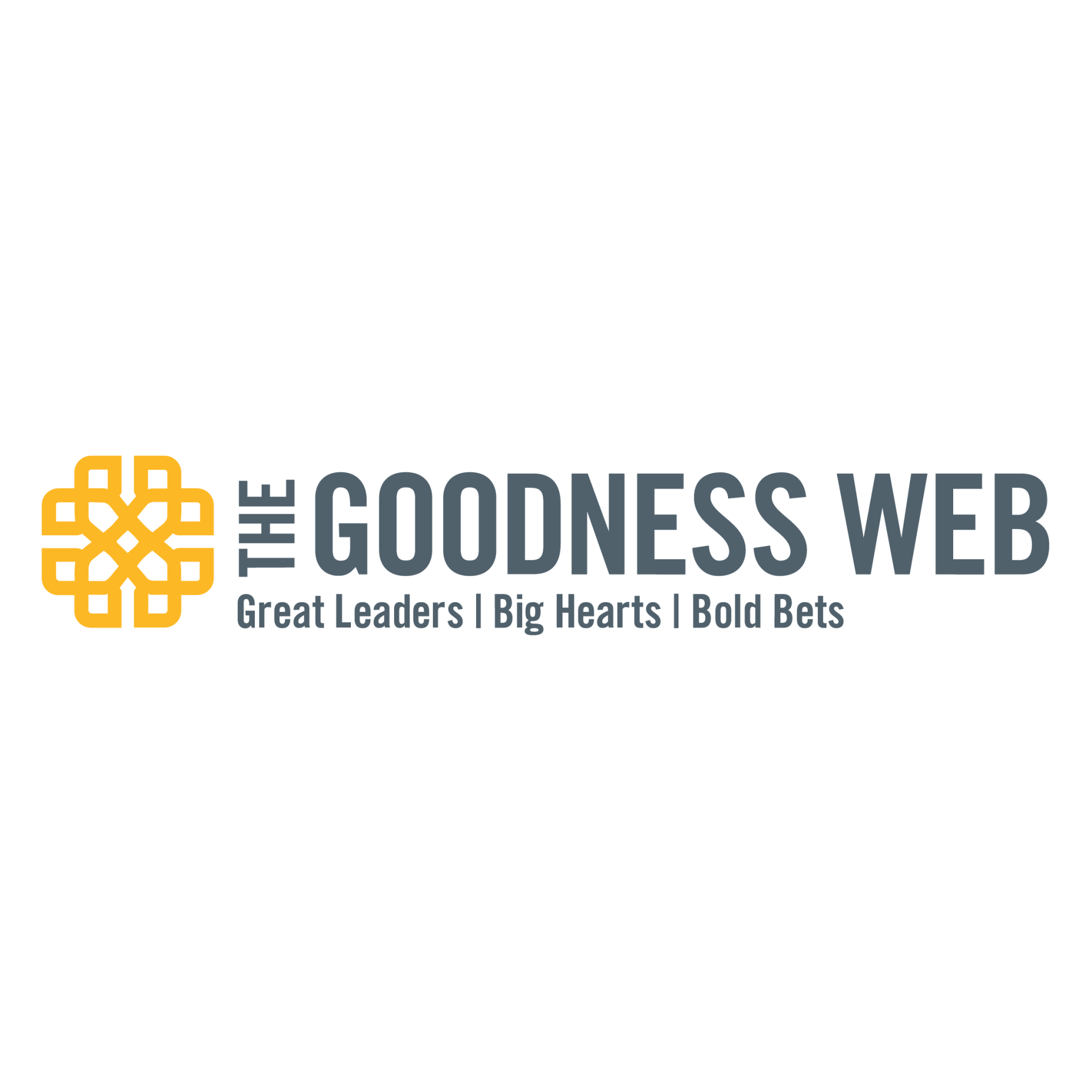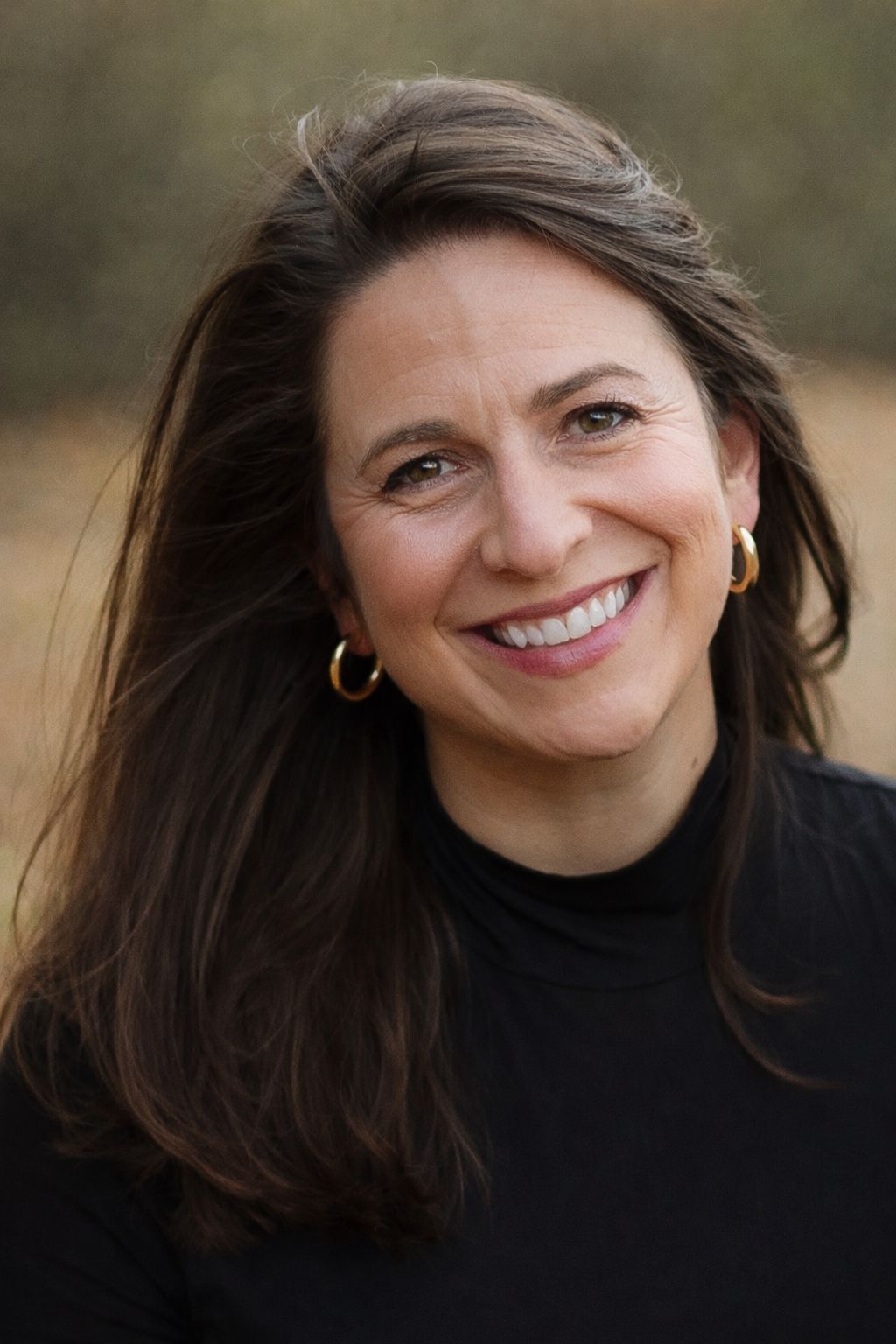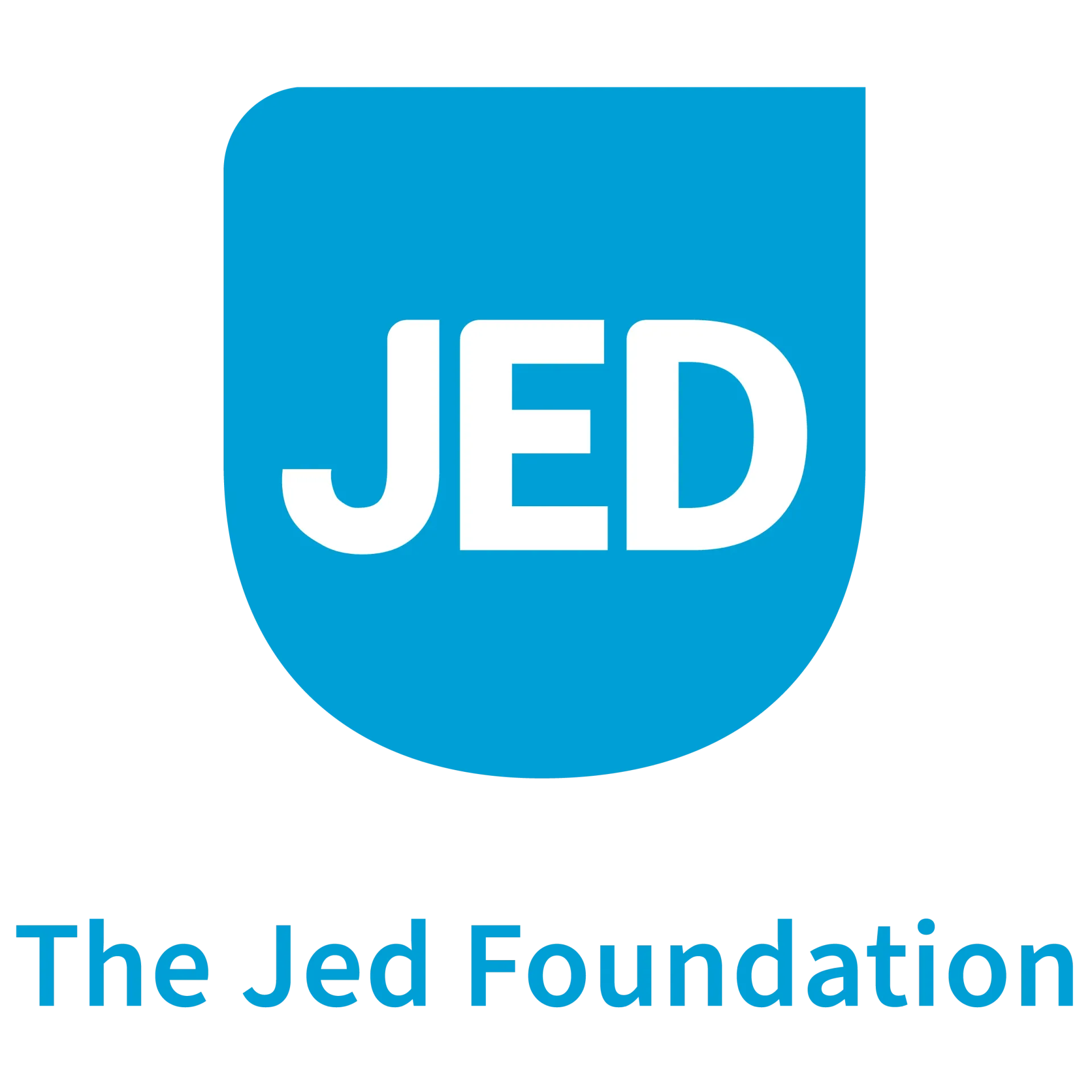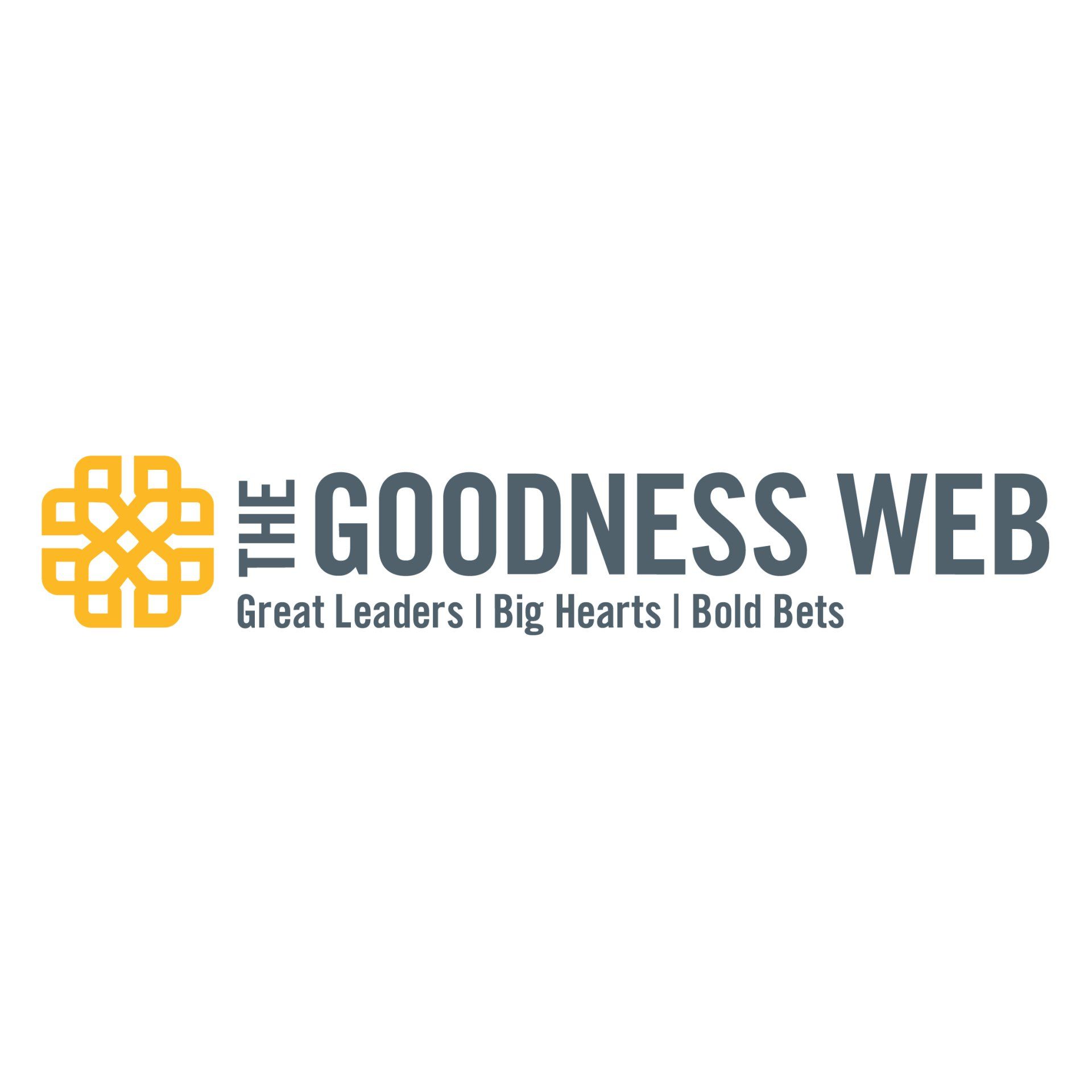HBS alumni are weaving the Goodness Web, a new way to direct philanthropic donations to mental health care
In 2018, long-time friends Mark Verdi and Jan Swartz (both MBA 1996) were part of the first cohort of MBA alumni to attend The Reflective Leader, a program designed for successful business leaders contemplating the trajectory of their careers and their future goals—personal, professional, and societal. “One of the things we talked about a lot in that forum was running toward the thing that hurts your heart the most,” Verdi recalls. For Verdi and his wife, Gina, and Swartz and her husband, Rob Swartz (MBA 1996), “mental health is that thing,” Verdi says. “It’s one of the top three causes of our age,” adds Swartz.
Both the Verdi and Swartz families have witnessed, firsthand, the negative effects of our nation’s disjointed treatment of mental illness. “It’s fragmented and fractured,” says Jan Swartz. “That’s ineffective.” Their solution? The Goodness Web, a nonprofit that finds its strength in connection, through “a web of people who can aggregate resources—whether that is philanthropic dollars or contacts—to do good, better,” Swartz explains.
Currently in its prelaunch phase, the Goodness Web aspires to be a kind of American Cancer Society for the mental health field—an organization that can increase awareness, reduce the stigma, and rally donors to make large, multiyear funding commitments to the most promising care and research in the field.
While it was personal experience that their drew the two couples’ attention to mental health, it was data that shaped the Goodness Web itself: One in five adults in the United States suffers from a mental health illness each year, and 46 percent will have a mental health condition during their lifetime. More than half of those disorders develop before the age of 14, but the delay between the onset of mental illness and treatment is typically 11 years. Those figures convinced the Verdis and the Swartzes to focus their nonprofit’s efforts on young people—among them, the 1 in 6 children under the age of 17 who suffer from a mental health disorder each year, the 36 percent of college students who show symptoms of depression, and the 70 percent of youths with diagnosed mental illness who are currently in the juvenile justice system.
“A significant amount of the funding in mental health is directed toward acute care and treatment,” notes Swartz. “We see an opportunity to invest in preventative care, earlier diagnosis, and a support system closer to the onset of illness.”
The data also reveals that, despite such apparent needs, mental health philanthropy is rarely prioritized; most large gifts are aimed toward established institutions—such as hospitals and universities—instead of innovative work at smaller and newer organizations. To address this, the Verdis and Swartzes designed the Goodness Web to pool smaller, individual donations into larger, multiyear grants and to curate the most promising philanthropic opportunities.
There’s no dearth of organizations that seek funding in this arena. The Goodness Web estimates there are currently 10,000 nonprofit organizations that address mental health in the United States, which presents an overwhelming array of choices for the average donor to support. Over the past several years, the four founders, a small administrative team, and a network of experts have focused on 15 candidates for consideration in the first round of funding. The nonprofit expects to award grants to three to five organizations when it launches in 2022. In addition to financial resources, the Goodness Web also hopes to make essential connections between, for instance, groups that focus on research, those that focus on programming, and those that focus on policy.
“What we want to do is apply business principles: How can we bring a curation engine that’s really unrivaled nationally—and, eventually, globally—to understand what’s working with respect to mental health, and also bring scale and resources to bear, so that we can help these organizations and create a network effect? We will identify synergies across our grantee web to find opportunities where grants to organizations attacking similar problems in different ways can be made to form a multiplier effect,” says Verdi.
To date, the Verdis and Swartzes themselves have been funding the endeavor, but they have recently begun recruiting “founding families” to the Goodness Web, with a goal of raising an initial $25 million. The ambition, though, is much bigger: In seven years, the founders envision a web of half a million people—with initial donors each attracting people from their own networks, who in turn bring in additional people from their networks, and so on. At that scale, they say, annual funding could be in the hundreds of millions of dollars annually.
“The Goodness Web will put that money in the place where it can have exponential impact,” Swartz concludes, “because we have a shared impatience for positive change in how we care for those who suffer from mental health conditions.”






